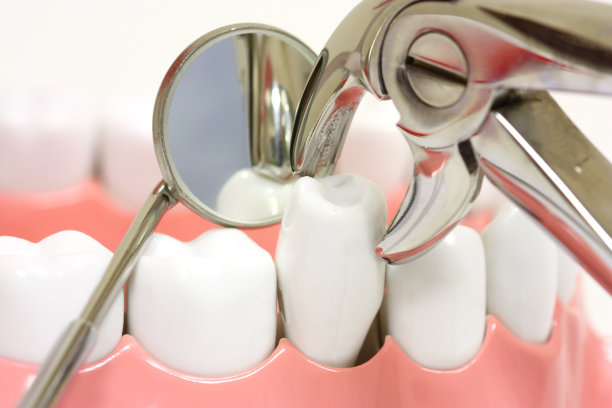The Essential Guide to Preparing for a Tooth Extraction What You Need to Know Beforehand
Summary: Preparing for a tooth extraction can be a daunting experience, but understanding the process helps mitigate anxiety. This guide explores the essential steps and considerations to ensure a smooth procedure. From understanding the reasons for extraction and preparing mentally and physically, to knowing what to expect during recovery, this article covers everything you need to know beforehand. With this information, patients can approach their tooth extraction with confidence, feeling informed and ready for the journey ahead. Let’s delve into each of these important aspects in detail.
1. Understanding the Reasons for Tooth Extraction

Tooth extractions are often necessary for various reasons. Most commonly, a tooth may be too damaged from decay, making it impossible to repair with a filling or crown. In these cases, extraction is the best way to relieve pain and prevent further infection. Understanding this can help patients feel more accepting of the procedure.
Another common reason for tooth extraction is overcrowding. When there isn’t enough space in the jaw for all teeth, some may need to be removed to allow for proper alignment, especially before orthodontic treatments like braces. A thorough evaluation by a dentist can clarify these needs.
Lastly, wisdom teeth are notorious for requiring extraction. Often, they don’t have enough room to erupt properly, leading to potential infections or alignment issues. Identifying such concerns with a dental professional can provide clarity on the necessity of the procedure.
2. Mental and Physical Preparation for Extraction
Mental preparation is just as important as physical preparation before a tooth extraction. Patients should take time to discuss their concerns with their dentist, who can provide reassurance and clear up any misunderstandings regarding the procedure. This makes the experience less intimidating.
Physical preparation begins with understanding any dietary restrictions prior to the extraction. For instance, patients might be advised not to eat or drink for several hours beforehand, particularly if sedation will be used. Following these guidelines ensures a smooth process.
Additionally, patients should plan for transportation post-extraction, as anesthesia may impair their ability to drive. Arranging for a friend or family member to accompany them can help alleviate stress, allowing the patient to focus on recovery instead.
3. Knowing What to Expect During the Procedure
During the extraction, patients can expect to receive anesthesia to minimize discomfort. Local anesthesia numbs the area around the tooth, while sedation options may vary based on the complexity of the extraction and the patients comfort level. Understanding the type of anesthesia will help patients feel more in control.
The actual extraction process may vary in length depending on the tooths condition and the complexity of the removal. Patients can take comfort knowing that dentists are skilled at making the experience as quick and painless as possible. They will also have strategies in place to manage any unexpected complications.
After the extraction, the dentist will provide specific aftercare instructions, which are critical to the healing process. Following these guidelines helps prevent complications such as infection or prolonged bleeding, and aids in a quicker recovery.
4. Recovery and Aftercare Post-Extraction
Recovery from a tooth extraction usually takes a few days, and patients should be prepared for some level of discomfort. Over-the-counter pain relief medication can help manage this. Ice packs may also be used to reduce swelling during the first 24 hours following the procedure.
It is crucial for patients to adhere to dietary restrictions during recovery. Soft foods are recommended for the first few days, gradually reintroducing regular foods as they feel more comfortable. Staying hydrated is also important, but patients should avoid using straws, as the suction can disturb the healing process.
Monitoring for any signs of complications, such as excessive bleeding or severe pain, is essential. If any concerns arise, reaching out to the dental office promptly can help address issues early on. Following up as advised is also key to ensuring full recovery.
Summary:
In conclusion, preparing for a tooth extraction involves understanding the reasons for the procedure, along with physical and mental preparation. Knowing what to expect during the extraction allows patients to approach the process with confidence. Lastly, proper recovery includes attentive aftercare to ensure healing and avoid potential complications.
This article is compiled by Vickong Dental and the content is for reference only.



